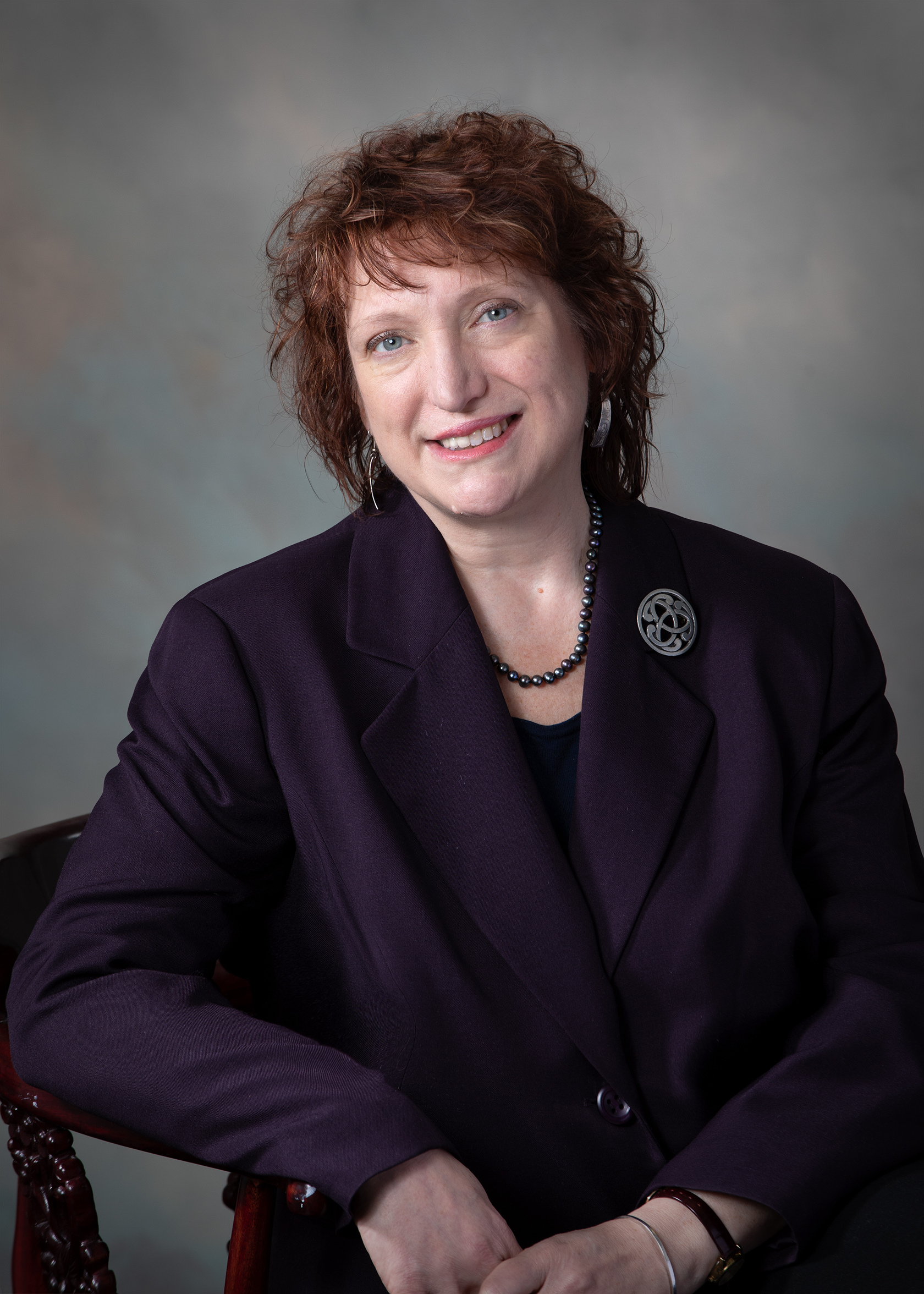ADEA eLearn

Mental Illness and Oral Health: Identifying Signs and Referral Methods
Recorded On: 10/04/2022
-
Register
- Non-member - Free!
- Member - Free!
The prevalence of mental is increasing in our society. In 2019, there was a 5.9% increase in mental illness and/or substance use disorders in the United States as compared to 2018 (SAMHDA, 2019). In order to appropriately manage and treat patients with mental illness, it is important for dental practitioners to have a basic understanding of mental disorders. Join us for this complimentary webinar where we’ll discuss how dental professionals can identify the signs and symptoms of major mental illnesses and substance use disorders. We’ll also explore treatment options and strategies to refer patients for mental health treatment.
References: SAMHDA. (2019). National Survey on Drug Use and Health (NSDUH) population data. National Survey on Drug Use and Health 2019 (NSDUH-2019-DS0001) | SAMHDA. Retrieved June 9, 2022, from https://www.datafiles.samhsa.g...
Learning Objectives
- Discuss the prevalence and stigma of mental illnesses.
- Explain the use of the Diagnostic and Statistical Manual of Mental Disorders by qualified mental health professionals to diagnose mental disorders.
- Identify symptoms of mental illness, treatment options and referral strategies for dental providers.
Original Release Date: October 4, 2022
Expiration Date: October 4, 2025
Questions? Contact learn@adea.org
CE Information
The American Dental Education Association is an ADA CERP Recognized Provider.
An evaluation form is available to participants after the conclusion of the live webinar. To earn continuing education (CE) credit for participation in the webinar, the online evaluation must be completed in full by Oct. 4, 2025. After completing the evaluation, webinar participants can print and save the CE Verification Form.
ADA CERP is a service of the American Dental Association to assist dental professionals in identifying quality providers of continuing dental education. ADA CERP does not approve or endorse individual courses or instructors, nor does it imply acceptance of credit hours by boards of dentistry.
The American Dental Education Association designates this activity for 1.00 continuing education credit.

All speakers agree that neither they nor members of their immediate family have any financial relationships with commercial entities that may be relevant to their presentation.

Vaishali Singhal, D.M.D., Ph.D., M.S.
Rutgers, The State University of New Jersey School of Dental Medicine
Vaishali Singhal is an associate professor at Rutgers School of Health Professions and Rutgers School of Dental Medicine. Vaishali is also a practicing dentist who specializes in improving the oral health of patients with serious mental illness. Dr Singhal's thesis research was related to this topic as well and she continues to conduct research in this important area. Vaishali is very much involved in educating students about integrated care and interprofessional care. She partakes in a variety of Rutgers Biomedical Health Sciences activities related to student education on this topic. Dr. Singhal has also published two textbooks.
Speaker agrees that neither they nor members of their immediate family have any financial relationships with commercial entities that may be relevant to their presentation.

Michelle Zechner, Ph.D., LSW, CPRP
Rutgers, Department of Psychiatric Rehabilitation and Counseling Professions
Michelle Zechner, Ph.D., LSW, CPRP, Assistant Professor at Rutgers, Department of Psychiatric Rehabilitation and Counseling Professions, works to improve the outcomes of people living with serious mental health conditions. She has worked multiple inpatient and outpatient settings in clinical and administrative roles. Currently, Dr. Zechner conducts inter-professional health research, teaches, and supports the flourishing of health professionals. Her research interests include oral health and reducing health disparities of people with serious mental health conditions, inter-professional teaching and learning, multi-dimensional wellness, and supporting people aging with serious mental health conditions.
Speaker agrees that neither they nor members of their immediate family have any financial relationships with commercial entities that may be relevant to their presentation.
Key:
| Access Date | Quiz Result | Score | Actions |
|---|
Search
Questions or Comments?